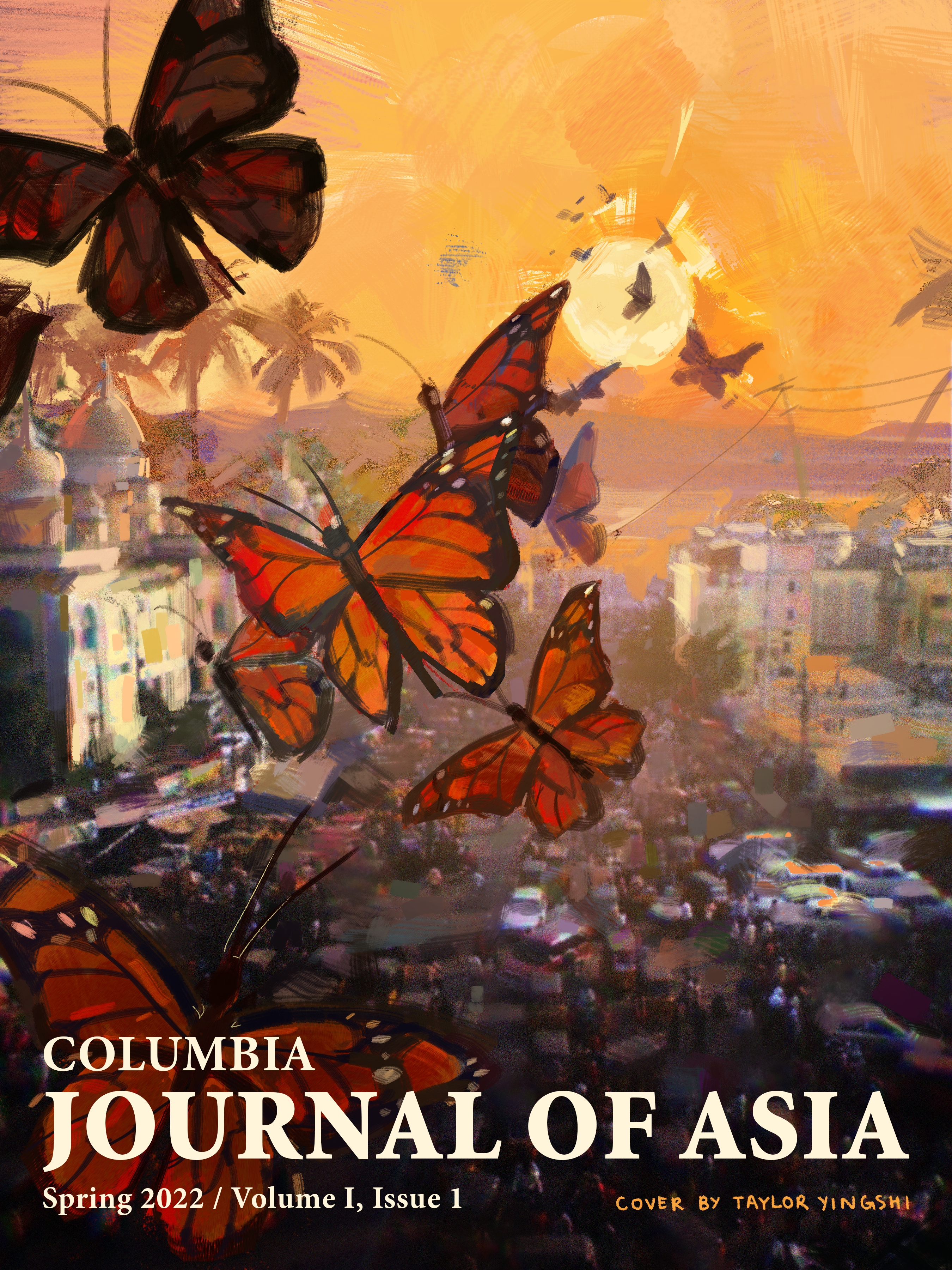Résumé
Sound is an integral aspect of life and how we interact with the world around us. As such, it is remiss to not have utilised it as an analytical tool and approach within scholarship until recently. Consequently, this thesis uses sound as an approach to understand how eastern identity was formed and manipulated by Victorians both at home and abroad to further doctrines of racial superiority. By constructing specific sonic markers through which specific cultural and racial identities could be sonically distinguished, the West, and more specifically the British metropole, was able to further establish and spread their self-imposed doctrine of racial superiority. This thesis demonstrates that many kinds of sources– Travelogues, Diaries, Theatre Productions– can be re-read and analysed as ‘Earwitness’ accounts, providing new and fresh insights into their authors and wider societies conception of, in this thesis specifically, ‘the East’. It becomes clear that there was a systematic erosion of both the geographical space and soundscapes, whereby the Orient was reduced to a singular space and identity adhering to a set number of stereotypes. Sonic markers and soundscapes are integral aspects to doctrines of otherization and constructing racial hierarchies and thus must be further explored and appreciated due to the new perspectives on offer to answer both new and established questions on identity construction, cultural imperialism and Victorian popular culture.

Ce travail est disponible sous la licence Creative Commons Attribution 4.0 International .
(c) Tous droits réservés Alexander Garment 2022

